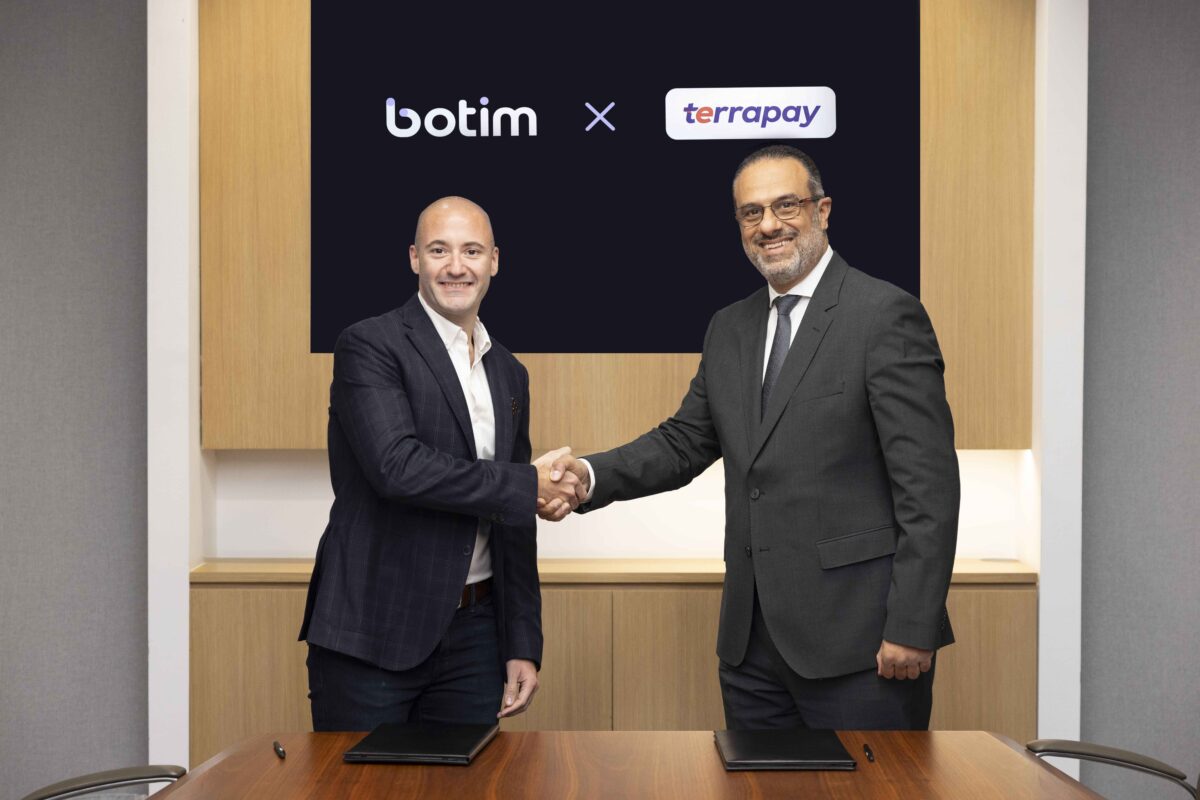In Indonesia, consumers are showing high levels of awareness and interest in open finance and embedded fintech, with most people agreeing that sharing their data allows them to be provided with better products and services, as well as tailored recommendations, a new study by DailySocial, a local tech blog and information portal, found.
The survey, which polled 100 respondents across Indonesia, found that more than seven-in-10 customers are aware of embedded finance, indicating that digital ecosystems like Gojek and Grab are allowing them to purchase insurance coverage and investment products.
Respondents also know how providers are using their data, with about nine-in-10 respondents indicating being aware that their data can be used for loan approval, future product recommendations or personalized financial offers.
Overall, Indonesians showed openness to data sharing, believing that granting financial services providers access to their data will get them better products and services.
83% agreed that data sharing can benefit users as long as data are not misused; 69% said data sharing allows for personalized services and access to solutions that are more in tune with their specific needs; and 67% said it allows for better personal financial management.

Benefits of data sharing, Source: DailySocial, Oct 2022
Rising interest in open finance among consumers in Indonesia comes at a time when the central bank is pursuing the Indonesia Payment Systems (IPS) Vision 2025 strategy.
The plan focuses on supporting banking digitalization and the digital transformation of the financial system, fostering innovation, and ensuring consumer protection and fair business practices. Open APIs and payment connectivity are set to play a key role in that plan.
Last year, Bank Indonesia BI launched the National Open API Payment Standard (SNAP), comprising protocols and instructions to facilitate open inter-application interconnectivity in terms of payment transaction processing.
In a statement, the central bank said the implementation of SNAP was a “critical phase of accelerating open banking in the payment systems space” in Indonesia, noting that open API payment standardization will help reduce industry fragmentation and accelerate financial and economic digitalization.
Incumbents ramp up open finance play
In the private sector, market-driven initiatives have also proliferated. Bank Central Asia (BCA) launched in 2017 BCA API, a cash management solution that allows business customers to integrate their applications with the BCA banking system to perform banking transactions more easily, quickly and securely. In the span of four years, the bank said BCA API had recorded more than 1 billion customer transaction hits.
BCA also provides OneKlik, a service that facilitates direct transaction payments on merchants websites and applications from a BCA bank account.
Earlier this year, Bank Rakyat Indonesia (BRI), Indonesia’s largest bank by total assets, extended its partnership with open finance company Ayoconnect, bringing the startup’s technology to BRI’s digital banking solutions.
The partnership allows Ayoconnect to leverage BRI’s open banking APIs for use cases like cardless cash withdrawals, e-money top up, transaction history, and more, enabling BRI to launch new digital services. In addition, Ayoconnect’s ecosystem partners will now be able to utilize BRI’s APIs to provide their customers with innovative services more easily and quickly.
BRI previously had a collaboration with Ayoconnect on a new direct debit capability that allows the bank’s merchant partners to directly deduct payments from their customers’ bank accounts.
A vibrant startup scene
Ayoconnect is one of Indonesia’s top open finance API platforms. Founded in 2016, the company allows businesses to embed more than 4,000 financial products in a plug-and-play fashion through its network of APIs. It claims it is used by more than 200 companies, including Indonesia’s leading financial institutions and tech companies.
Ayoconnect recently secured US$13 million in a Series B+ financing round which brought its total fundraise this year to US$28 million.
Brankas is another major player in the domestic open finance scene. Founded in 2016, the company offers a roster of banking-as-a-service embedded APIs covering account opening, credit scoring, identity verification, online payments, and more. It claims more than 40 banks and 100 enterprise customers and channel partners are now relying on its products.
Brankas closed a US$20 million Series B in January 2022.
Another company in the space is Brick, which, despite being much younger than the former two, has witnessed significant growth. Founded just two years ago, Brick builds financial data APIs for fintech and consumer tech companies. These APIs make it easy for businesses to offer payment, credit, investment and insurance products to their consumers.
Brick claims its APIs now supports one million customers, and says it has more than 50 paying clients, including many local fintechs.
The startup secured US$8.5 million in seed funding in February 2022.
Featured image credit: edited from Freepik and Pixabay






































